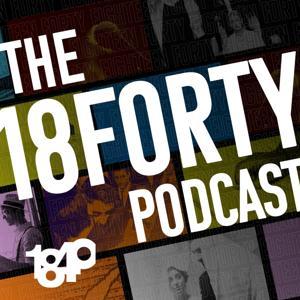
Sign up to save your podcasts
Or



By Rabbi Shnayor Burton





5
4141 ratings



The podcast currently has 223 episodes available.










The podcast currently has 223 episodes available.

648 Listeners

322 Listeners

238 Listeners

662 Listeners

303 Listeners

27 Listeners

3,211 Listeners

142 Listeners

220 Listeners

8,760 Listeners

26 Listeners